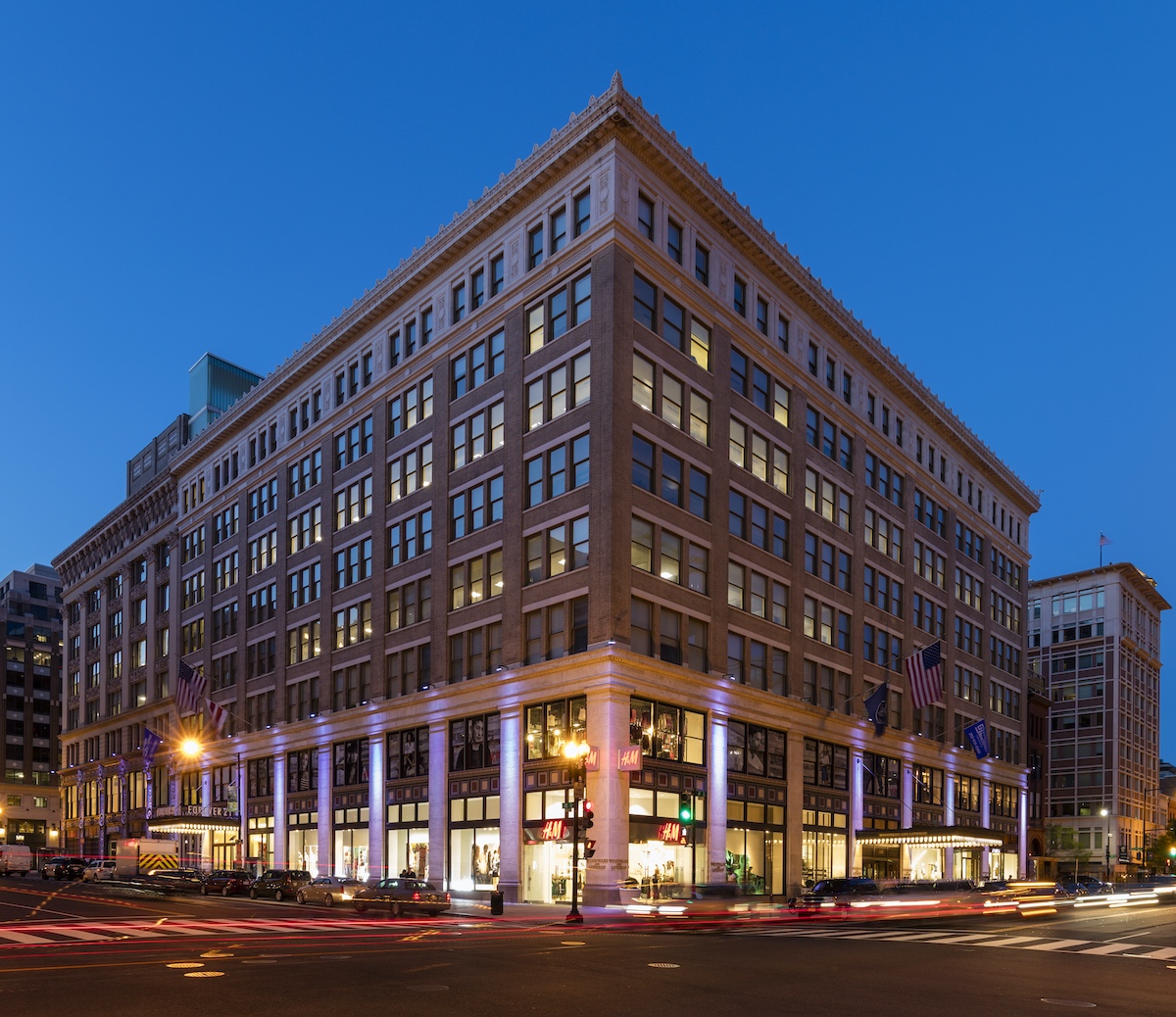At Technical.ly, we look to track movements and growth of the District’s emerging tech companies. That can mean a lot of different kinds of companies trying a bunch of new models, so it can feel like a big tent. But there are also moments when we’re reminded that tech businesses are part of a wider story of the regional economy. So where does it fit in?
The latest look comes from the Washington D.C. Economic Development Partnership, which released its annual DC Development Report this month.
It’s focused primarily on tracking real estate and construction projects, which can be a key indicator of overall business activity. It also offers an interesting look at the role that tech plays in the District.
Read the reportAs with all things in a pandemic, COVID-19 plays a role in the wider economic picture, and the report relays that economic growth fell by 20.4%, and 52,100 jobs were lost in 2020. However, the category of “Professional and Business Services,” which includes tech, was the strongest performing sector, despite shedding 11,000 jobs. Here are the report’s insights on the outlook for tech:
The tech industry has ballooned in the Washington region in recent years, primarily in Northern Virginia, but also in the District and Suburban Maryland. Amazon’s growing HQ2 presence in Arlington County is the obvious regional juggernaut, but many other tech companies have planted stakes or expanded in the region in 2020 including NGP VAN and EveryAction in the District and Microsoft in Northern Virginia. Nationally, the tech industry has been largely insulated from the negative economic effects of the pandemic, and some industry sectors such as videoconferencing and cloud services has seen demand swell.
However, not every business is immune. Commercial clients have shrunk IT budgets, which has weighed on tech revenue. Smaller, undercapitalized companies (particularly startups) have been especially vulnerable to cash-flow challenges. In addition, IT companies have to contend with the same supply chain, travel, and workforce disruptions as every other industry.
Another way to view it is through the lens of offices, where businesses take space as the grow. There’s been plenty of rethinking over the last year among tech companies who have set up remote operations and found productive WFH in 2020. But there are still signs that tech companies are continuing to build physical space into their plans. The report cites a trio of new leases in East End as among the highlights:
- Data intelligence company Morning Consult’s move to triple its office space with a new HQ at the Woodies Building
- Donor management software company EveryAction’s new 35,000-square-foot space
- Democratic party hosting provider NGP VAN Inc.’s 34,000-square-foot space
When it comes to coworking spaces, which have been a prime home for the District’s startups, on the other hand, there’s contraction. The prime evidence comes by way of WeWork, the global brand which at one point had 13 spaces in D.C., prior to financial troubles that stemmed from an abandoned 2019 IPO, and big changes to survive the pandemic. It plans to close three spaces in 2020 and plans to close four more in 2021. And Regus, MakeOffices and Spaces have all closed locations in the District or shut down operations, it reports.
“The rapid expansion of coworking firms in the Washington region has likely come to an end,” the report states. “Even prior to the pandemic there was concern over the risk that the coworking industry brought to office investors, especially since the industry has not yet proven how well it could weather an economic recession.”
It’s a reminder that when we re-emerge from the pandemic, the landscape may not look the same.
Before you go...
Please consider supporting Technical.ly to keep our independent journalism strong. Unlike most business-focused media outlets, we don’t have a paywall. Instead, we count on your personal and organizational support.
Join our growing Slack community
Join 5,000 tech professionals and entrepreneurs in our community Slack today!

The person charged in the UnitedHealthcare CEO shooting had a ton of tech connections

Northern Virginia defense contractor acquires aerospace startup in $4B deal

From rejection to innovation: How I built a tool to beat AI hiring algorithms at their own game


